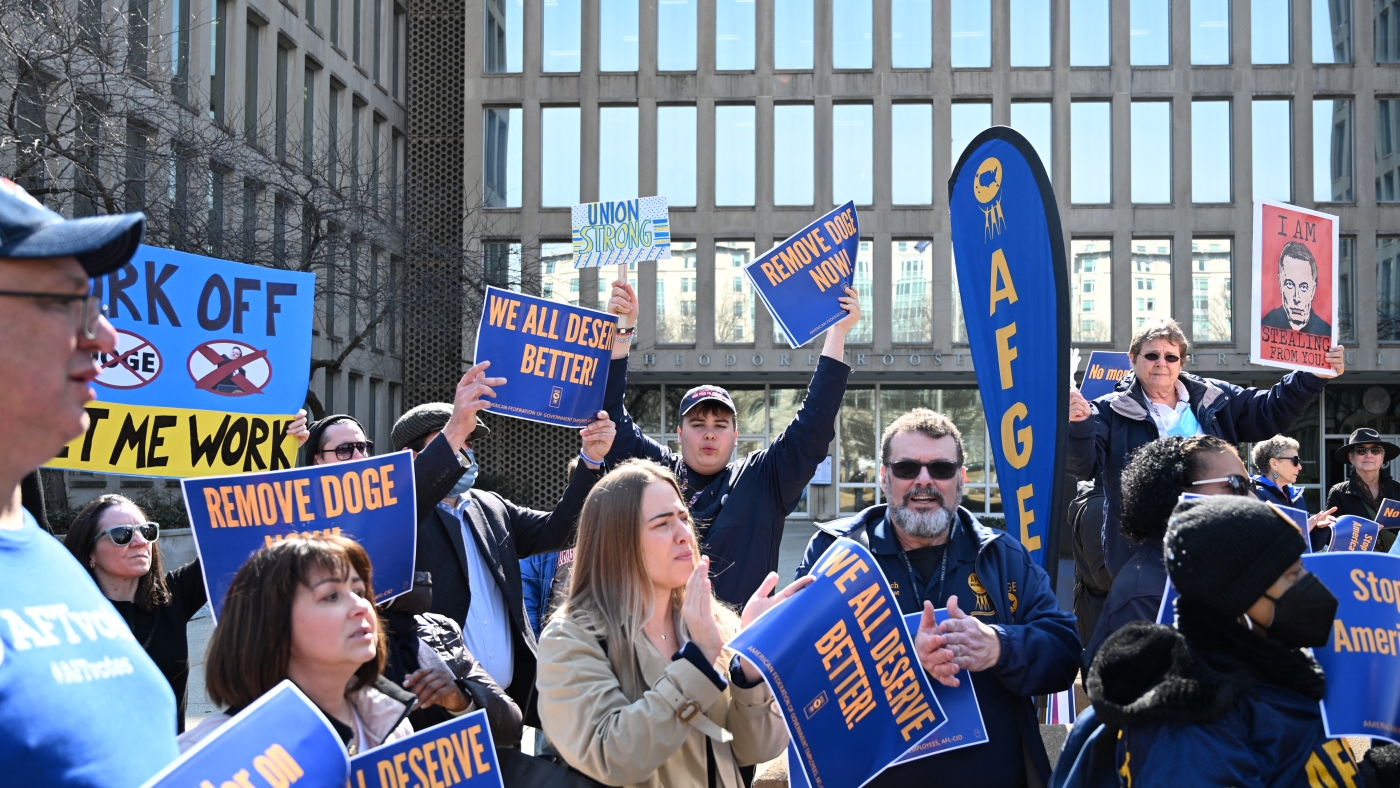Trump’s Executive Order Ends Collective Bargaining for Federal Workers
The Trump administration has issued a significant executive order aimed at reducing the collective bargaining rights of federal employees, impacting a substantial portion of the U.S. government’s workforce. This move is part of President Trump’s broader strategy to reform federal labor management.
According to the executive order, over a million federal workers are affected by the decision, as reported by the largest federal employee union. The administration argues that the Civil Service Reform Act of 1978 (CSRA) grants the president the power to eliminate collective bargaining in agencies with national security duties.
Traditionally, this power has been used to exclude certain positions within agencies like the CIA, FBI, and NSA from collective bargaining. However, the new directive expands the scope to include positions related to national defense, cybersecurity, foreign relations, and other key areas.
Despite the broad reach of the order, law enforcement officers remain unaffected. “Police and firefighters will continue to collectively bargain,” states the White House fact sheet.
In the past, President Trump has taken steps that challenge union rights, including attempts to nullify telework arrangements established in union contracts and curtail the time union leaders can dedicate to union activities. Additionally, collective bargaining rights were previously revoked for TSA officers.
The latest order impacts unionized employees across roughly 20 federal agencies, including the Departments of Agriculture, Veterans Affairs, Health and Human Services, and Defense.
The executive order has sparked strong reactions from labor unions, who emphasize that the CSRA was designed to protect federal workers’ rights to organize and resolve workplace issues without hindering government operations. “Labor organizations and collective bargaining in the civil service are in the public interest,” the CSRA states.
The White House fact sheet accuses certain federal unions of obstructing the president’s agenda, stating, “The CSRA enables hostile Federal unions to obstruct agency management.”
In response, federal employee unions are preparing to challenge the administration legally, citing previous disputes over issues such as mass firings and dismantling agencies. Unions also argue that existing contracts should allow for telework and negotiations on workforce reductions.
Labor leaders have labeled the executive order as a “retaliatory attack.” Everett Kelley, president of the American Federation of Government Employees (AFGE), condemned the order in a statement, calling it a “disgraceful and retaliatory attack on the rights of hundreds of thousands of patriotic American civil servants—nearly one-third of whom are veterans.”
The AFGE, representing 800,000 civil servants, has pledged to take “immediate” legal action against the order. “AFGE isn’t going anywhere,” Kelley asserted. “Our members have bravely served this nation, often putting themselves in harm’s way, and they deserve far better than this blatant attempt at political punishment.”
This article was originally written by www.npr.org






